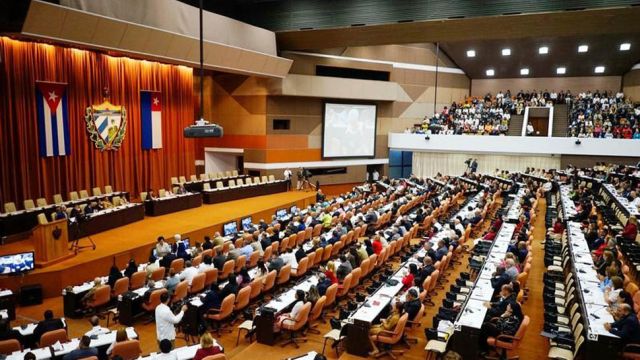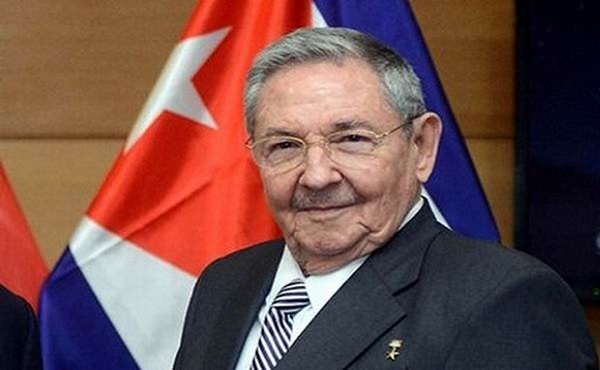
Cuba holds parliament meeting to discuss constitutional reform
 Havana : Raul Castro, first secretary of the Communist Party of Cuba (PCC) and President Miguel Diaz-Canel have chaired an extraordinary session of the Caribbean nation’s parliament to discuss a constitutional reform.
Havana : Raul Castro, first secretary of the Communist Party of Cuba (PCC) and President Miguel Diaz-Canel have chaired an extraordinary session of the Caribbean nation’s parliament to discuss a constitutional reform.
The meeting on Saturday, which took place at Havana’s convention centre and off limits to foreign press, began with the presence of 572 of the 605 lawmakers to start the process of drafting a new Constitution to reform the one first approved in 1976, Xinhua reported.
Modifying the text responds to the need of legally accompanying the deep process of economic and social reforms that have taken place in Cuba since 2010 without renouncing socialism as the political model in the country.
In the island, the private sector has flourished, after extensive state control for decades over almost all economic activities, and a new law recognising medium and small private businesses is expected to be approved.
The Council of State, top state institution between parliament sessions, on Friday approved a commission which will draft the new Constitution in a meeting chaired by Diaz-Canel.
The process, which could take months, will later be subject to a massive referendum where more than 9 million Cubans will vote to approve or disapprove the reform.
Other topics that should be included in the reform will be a limit to high government and party posts to two five-year terms.
If approved, current President Diaz-Canel would assume the party leadership in 2021, the year in which Castro concludes his second mandate as first secretary of the PCC for which he was re-elected in its Seventh Congress in April 2016.
At the start of the session lawmakers paid their respects to the victims of the tragic plane crash on May 18 with a minute of silence.
Later, they approved the 10 working commissions of the National Assembly for the next five years which will be responsible for providing input and supervising the constitutional reform process.
Also, parliamentary friendship groups with other countries were approved by lawmakers emphasizing that Cuba’s National Assembly will deepen ties with its counterparts of Russia, Vietnam, Iran and China.
The current Cuban Constitution dates back to 1976 and since then it has had three modifications after popular consultation.
—IANS

